Part of the reason Colin Farrell wanted to pursue a television series about Oz Cobb (a.k.a. The Penguin) is because the character “kind of was a little bit of comic relief” in The Batman, the actor explains in a new interview with SiriusXM’s The Jess Cagle Show With Julia Cunningham. “He was a bit of a red herring to maybe take the investigation to the left when it was supposed to be heading to the right, but I just clearly felt—I think we were just a month into the shoot when I said to Dylan Clark, ‘Come on. Can we do a TV show or something else with this ’cause it’s just too good. It’s just too good,'” Farrell recalls.
Of course, Farrell got his wish with the dark spin-off series The Penguin on HBO. But that may not be the last we see of Oz. “I have no idea what the second film is gonna be. I heard Penguin features in it. I haven’t read it,” Farrell teases. “It’d be interesting to see where we pick up from. There’s been so much pipe laid. It’d be interesting to see where it goes from here, you know? But he would be quite different.” Even from episode one of the show to the season finale, “it’s kind of extraordinary how different he is. How much darkness has really consumed him by the end.”
Farrell recently said that by the end of the suit he was thinking, “I never want to put that fucking suit and that fucking head on again,” but speaking with Cagle he softened his stance somewhat. The show itself was partly inspired by how remarkable he found the physical transformation, he claims. It made him feel like “a canvas,” and part of a lineage of practical effects artists that he grew up watching and admiring. He cites Rick Baker’s work in “Thriller,” Dick Smith’s work in the original Planet Of The Apes, and Rob Bottin’s work in The Thing as examples.
“[People] have asked me, you know, ‘It must have been a nightmare being in the makeup for three hours.’ It was never a nightmare. I mean, by two hours, 53 minutes, they could see me fingers tapping my knee and they were like, ‘We’re nearly there.’ You know, by the end of the three hours you’d get a little bit squirrelly, but that’s just a little bit squirrelly,” he says. “I didn’t dread any day sitting in the makeup chair because I was in love with the makeup. I just thought what Mike Marino designed and what his team of extraordinary makeup artists applied every day was so beautiful and had such a sense of history and placement.”
Farrell acknowledges the challenges of that much costuming and prosthetics—they had to set up an industrial-strength air-conditioned tent for him to cool off in between takes—but “I loved it. I know there’s quotes of me saying I was over it by the end. Sure,” he admits, but that had “as much to do with the darkness of the material” as it did with his costume and makeup. Overall, he sees that feeling as a natural part of the process for any project. “It was the same with [The Banshees Of Inisherin], the same with every job I’ve done. By the time you reach the end of a gig, you should be wrecked. You should be wrecked.”
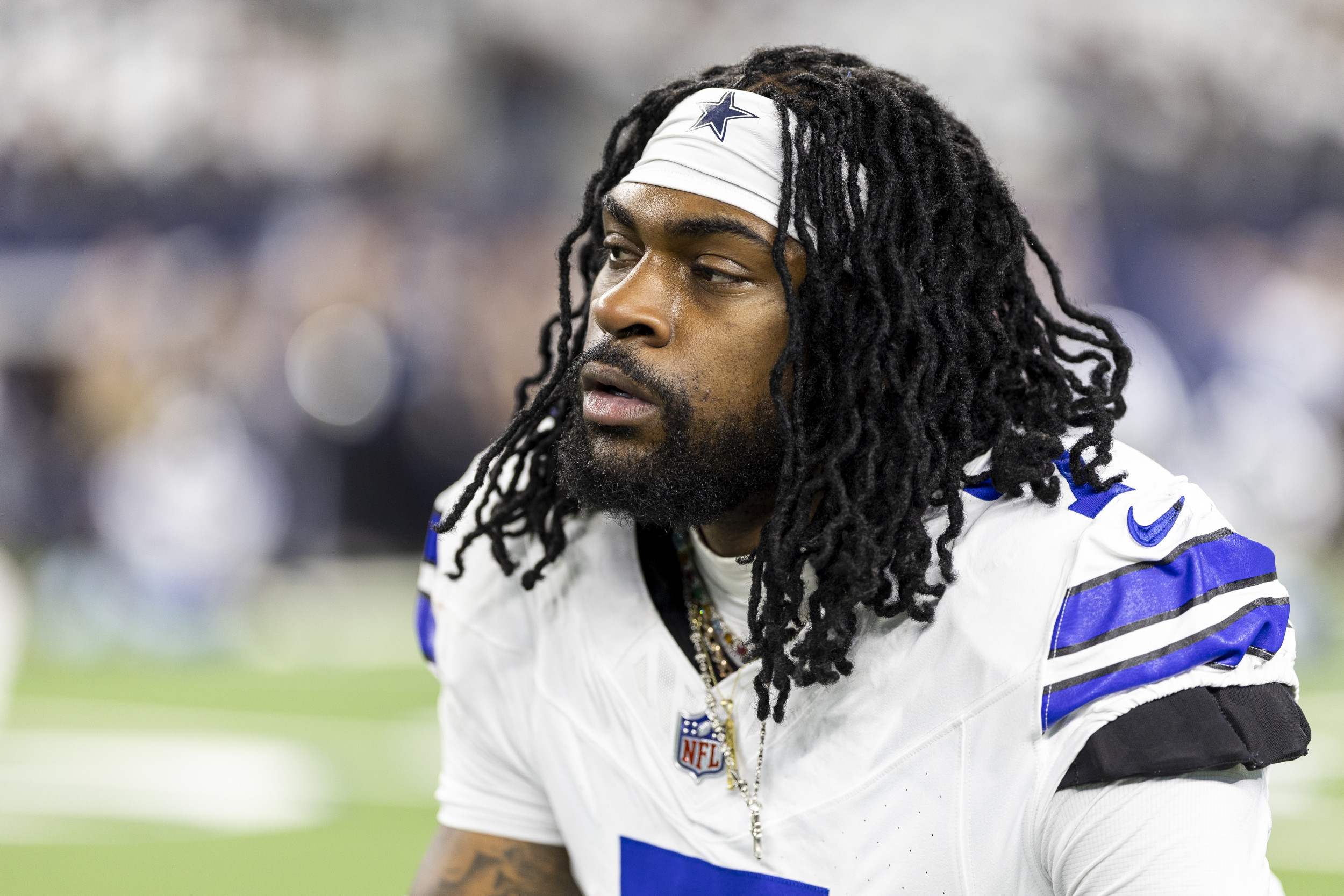
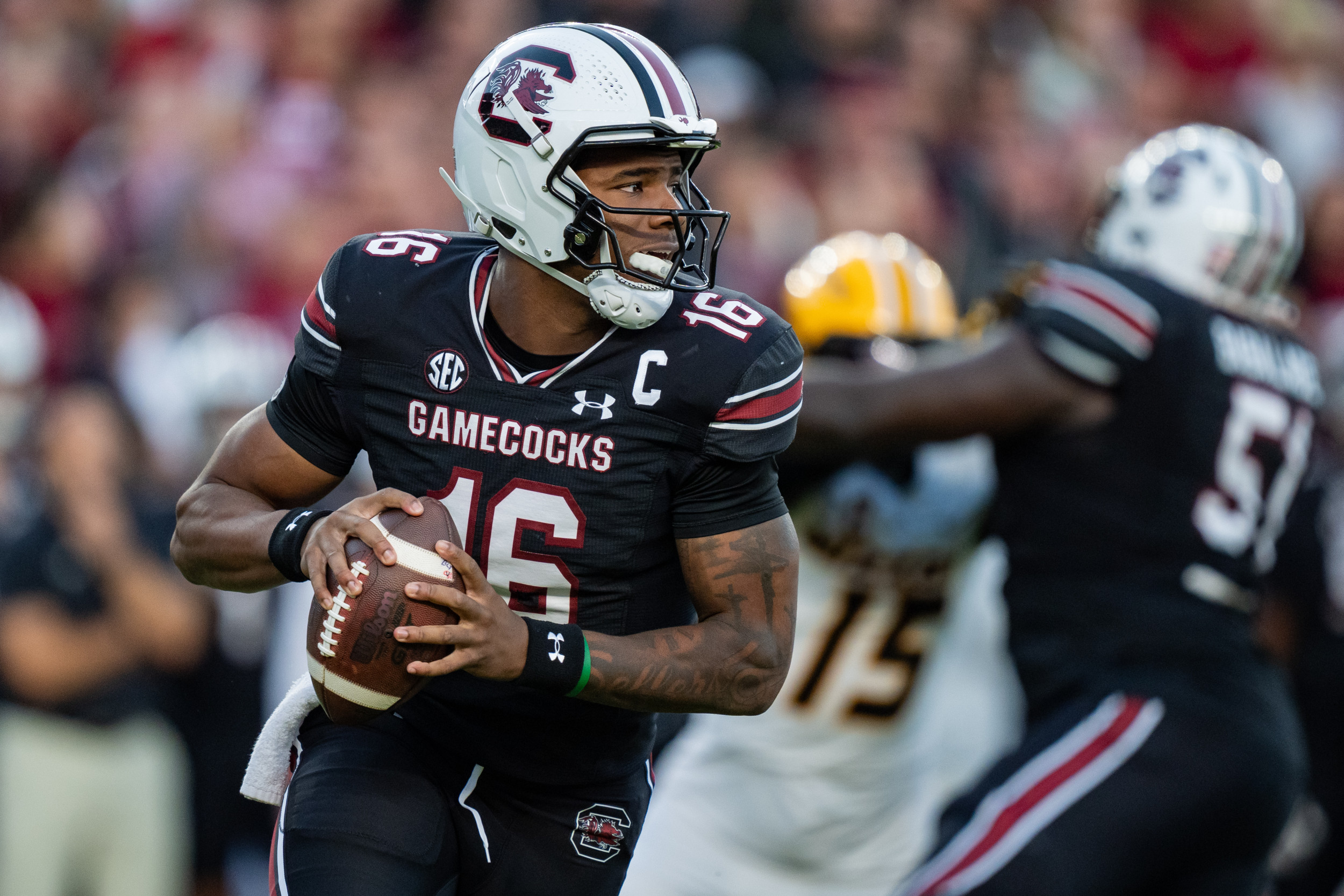

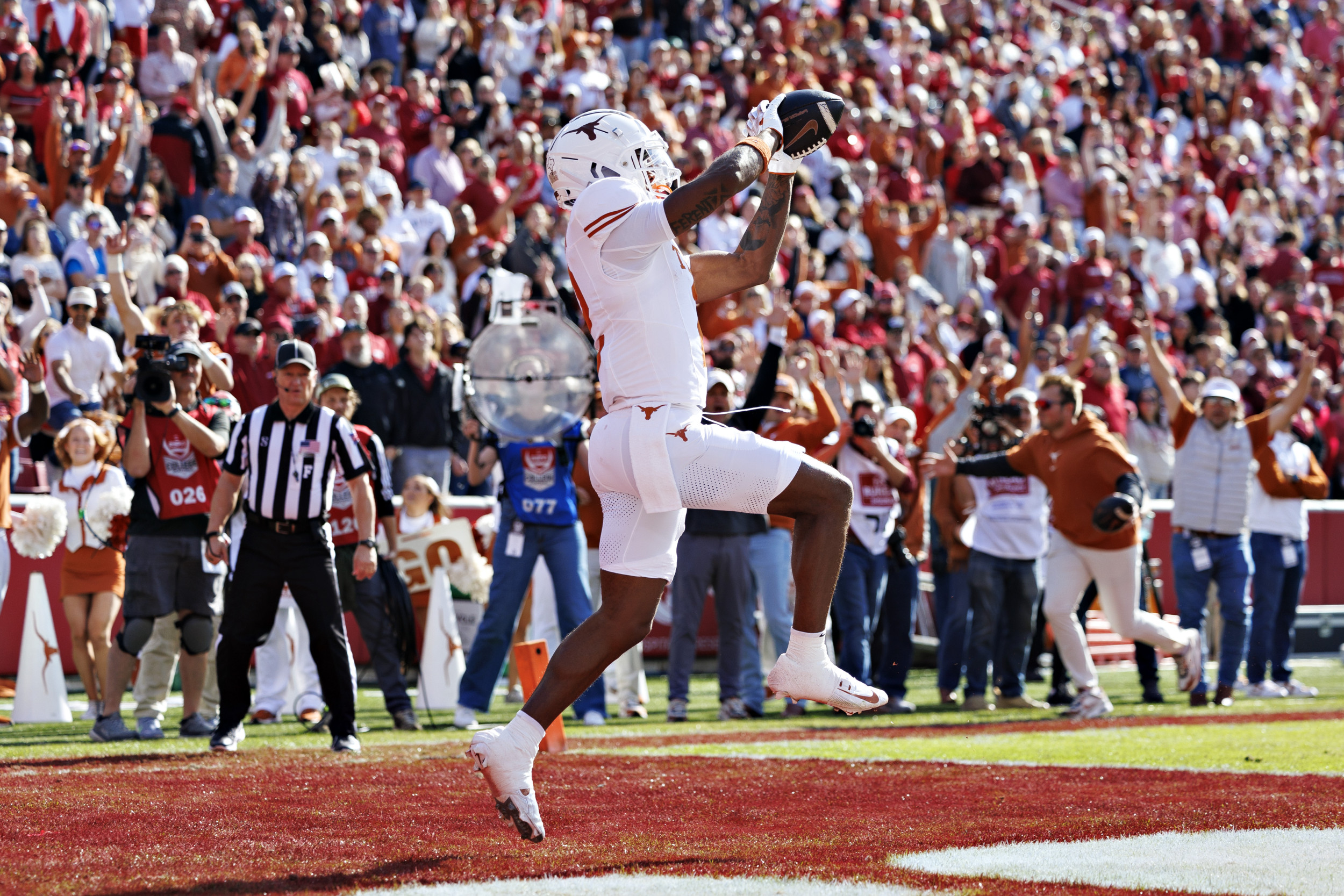
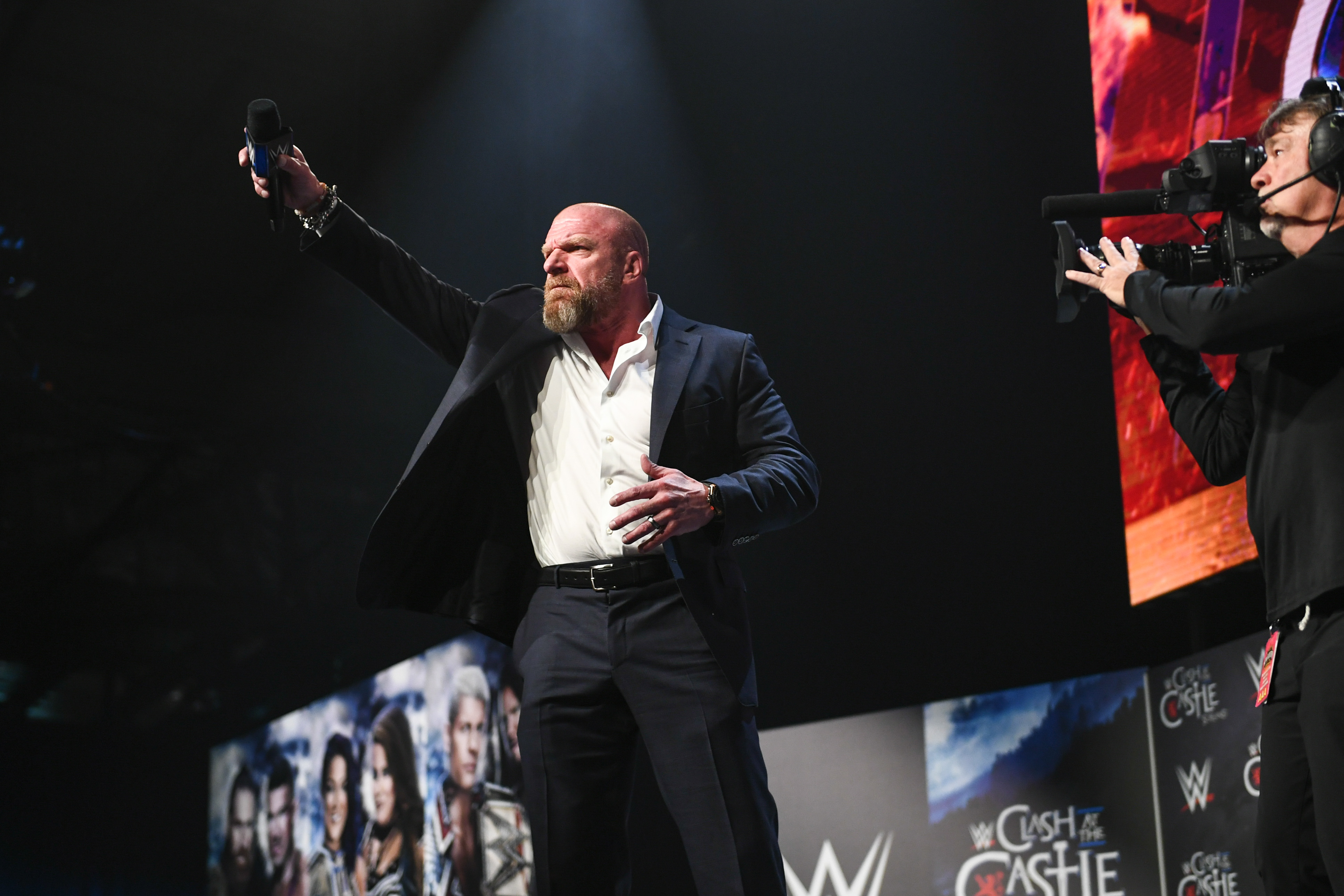
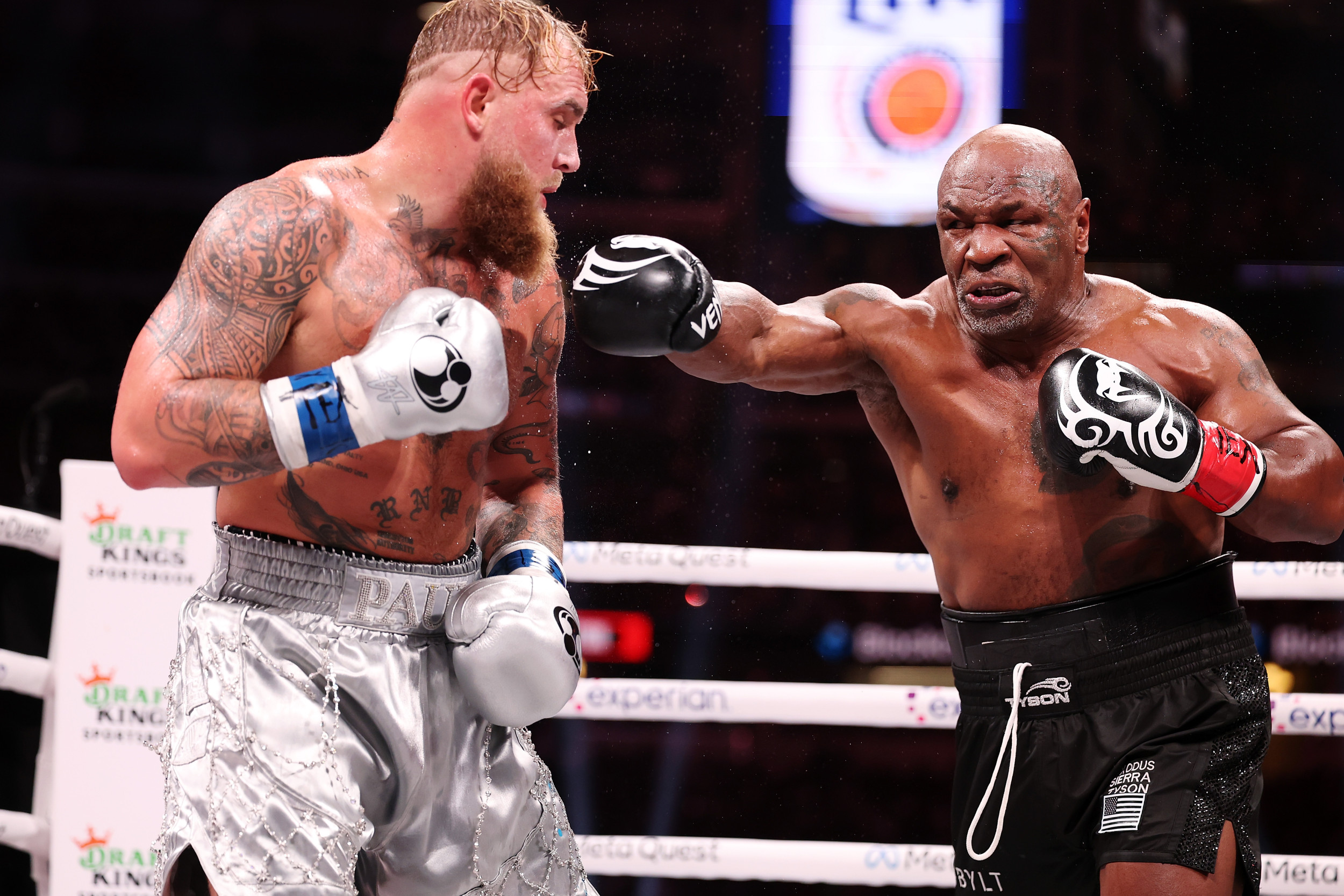
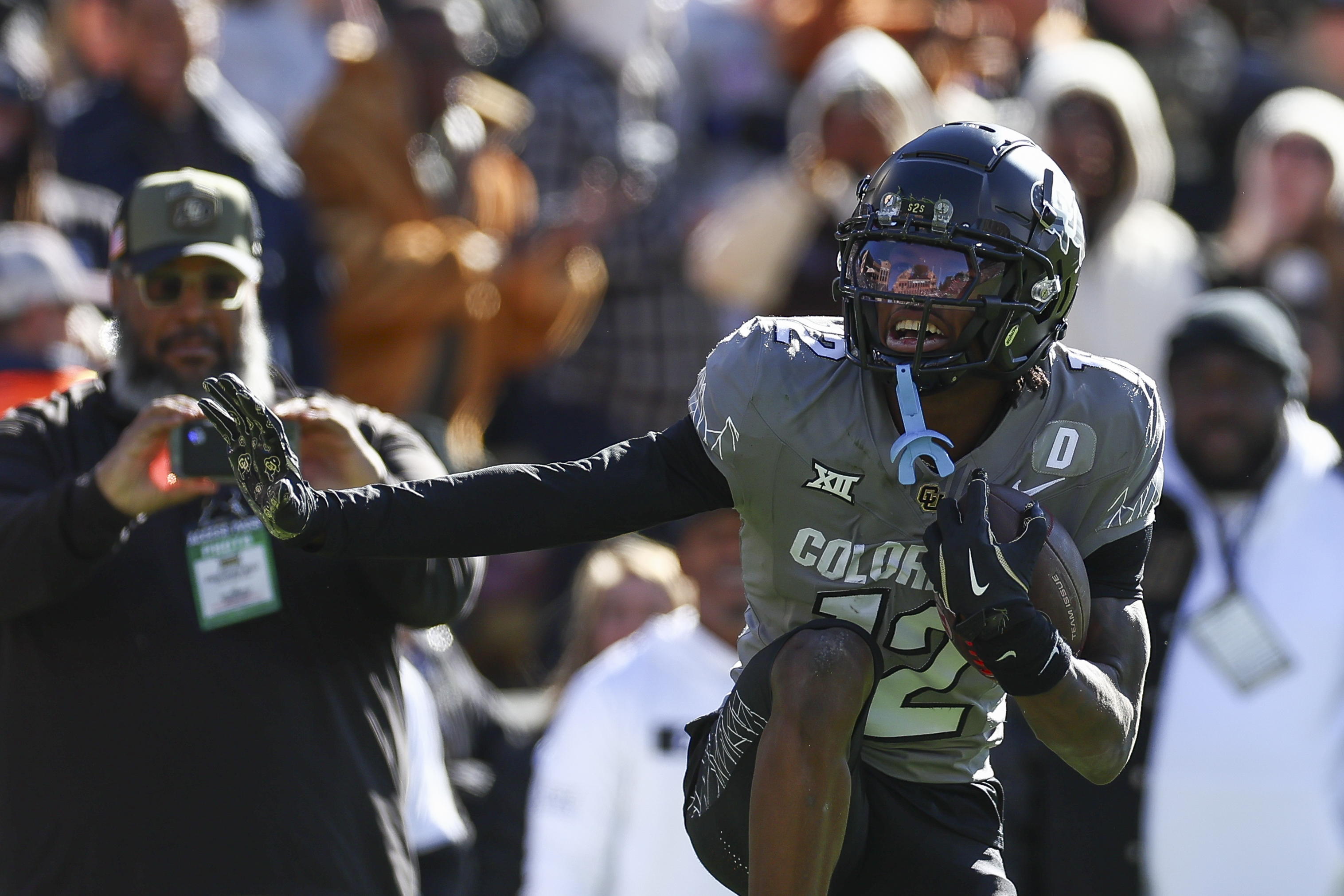
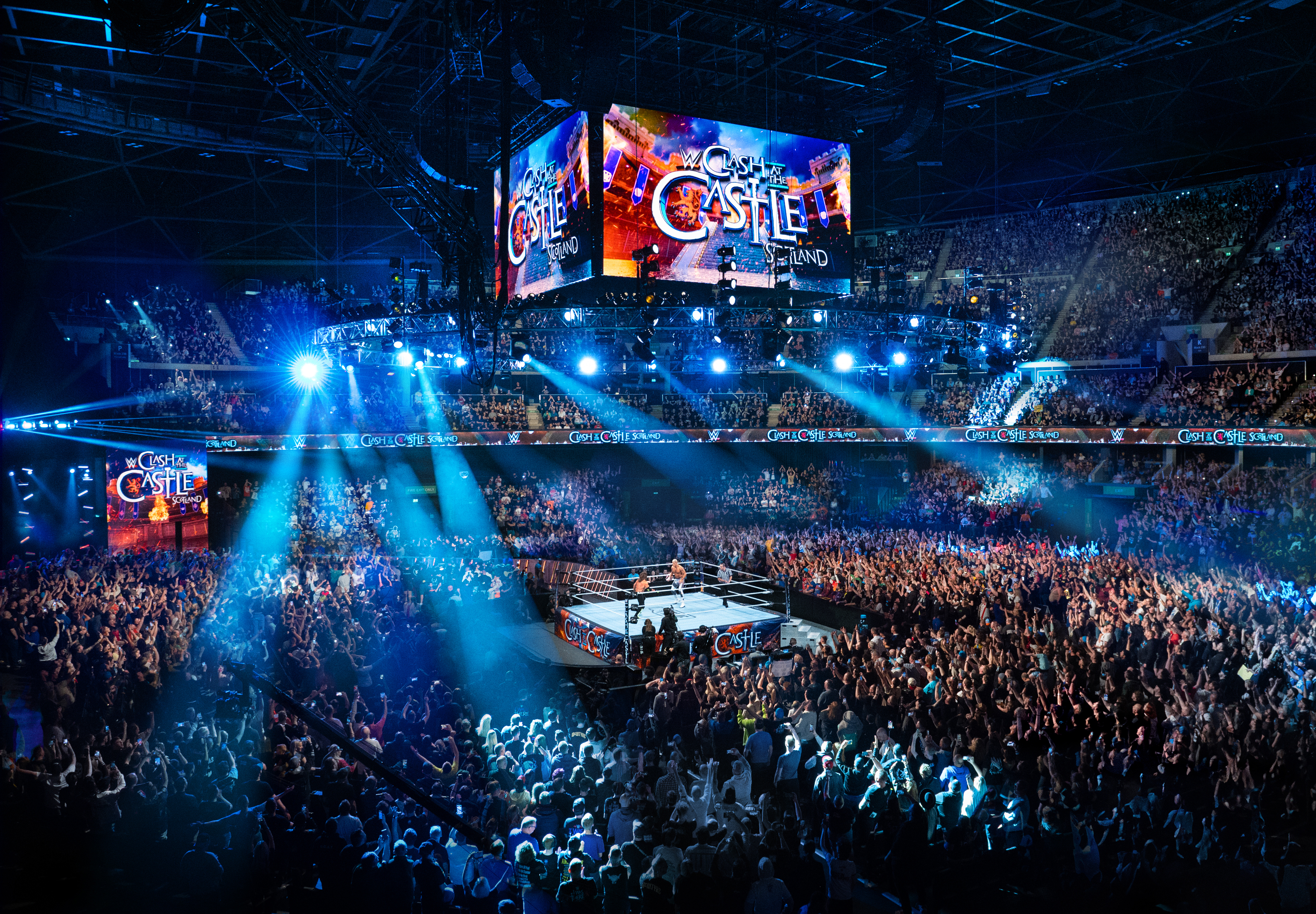
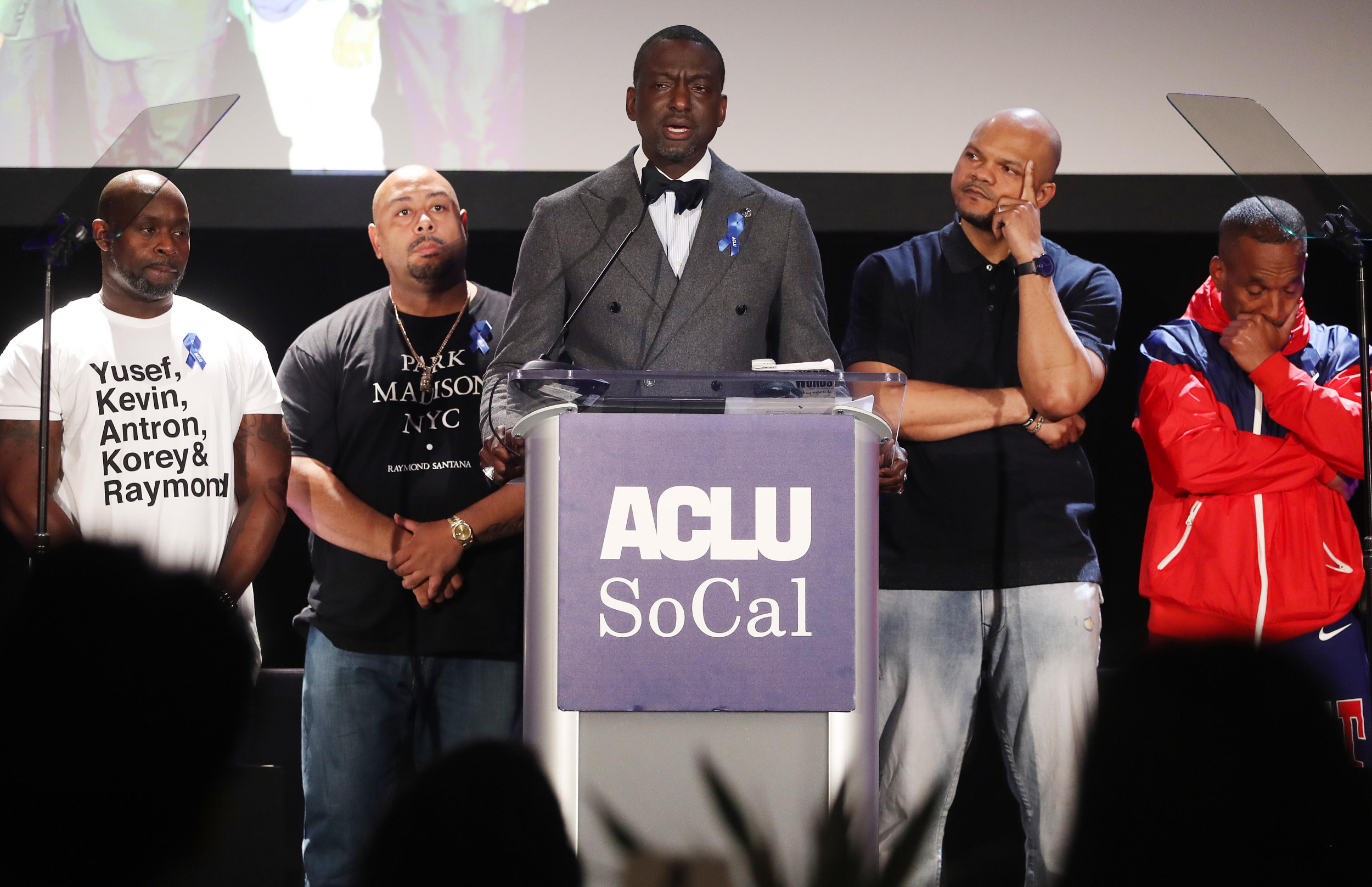
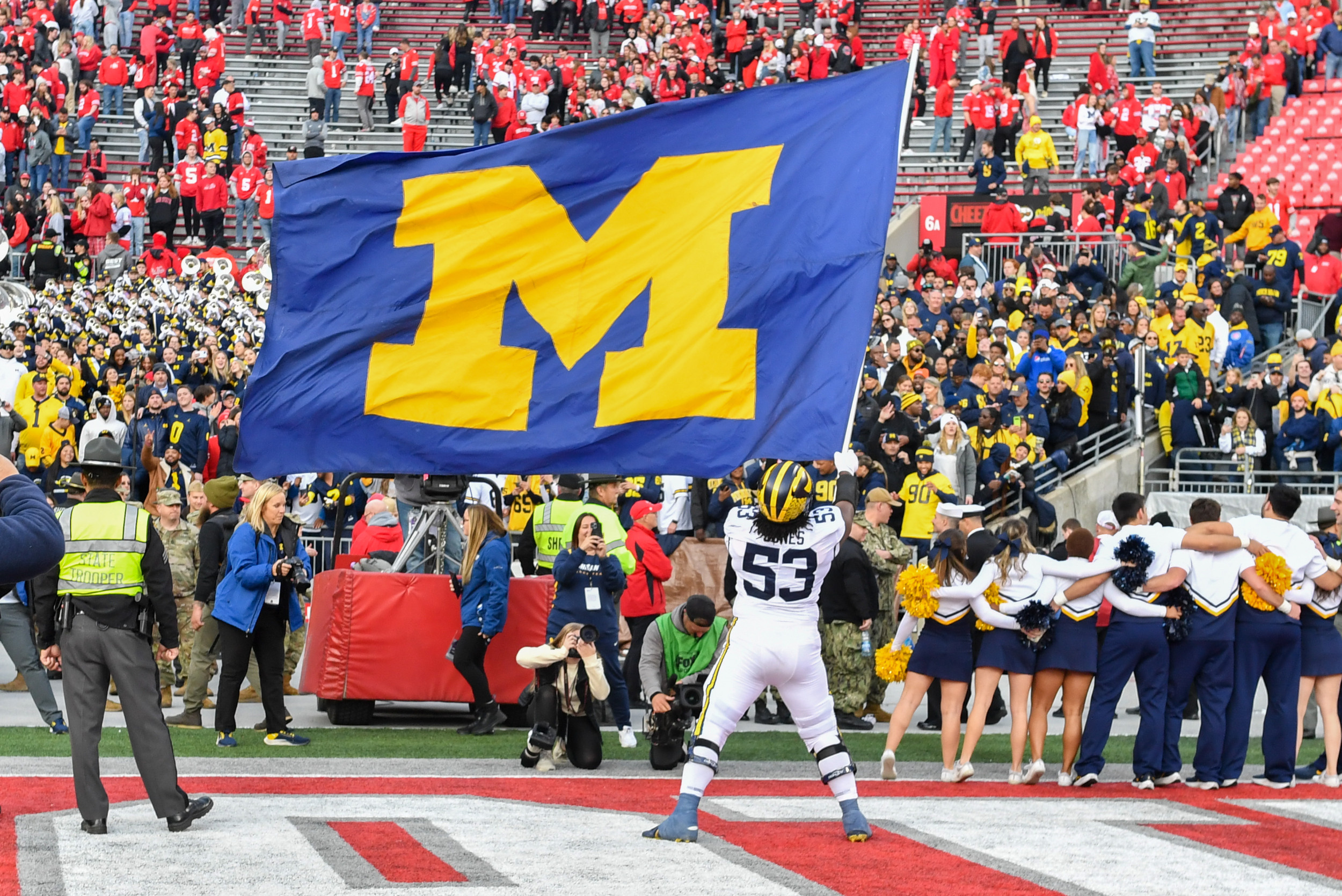

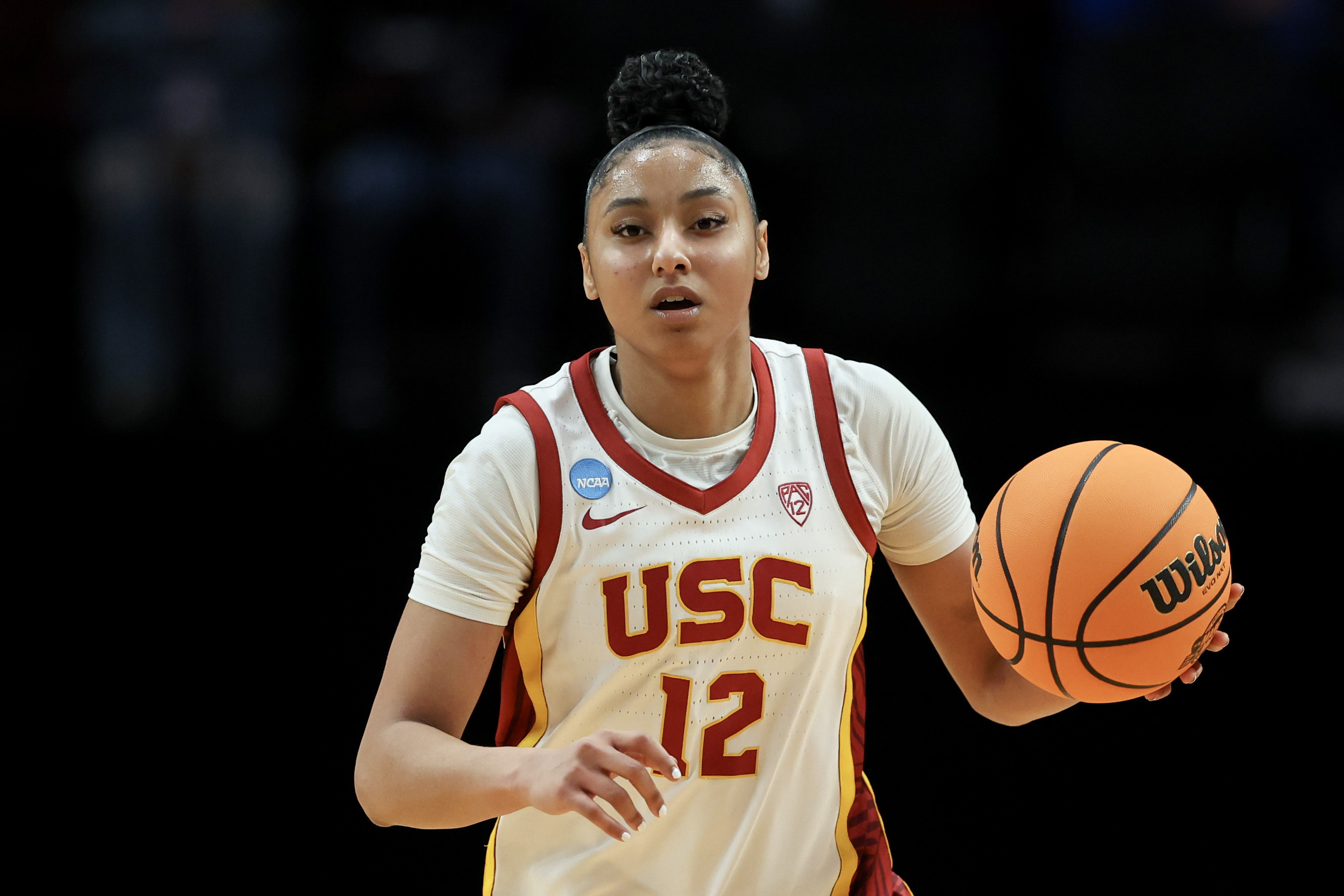








 English (US) ·
English (US) ·